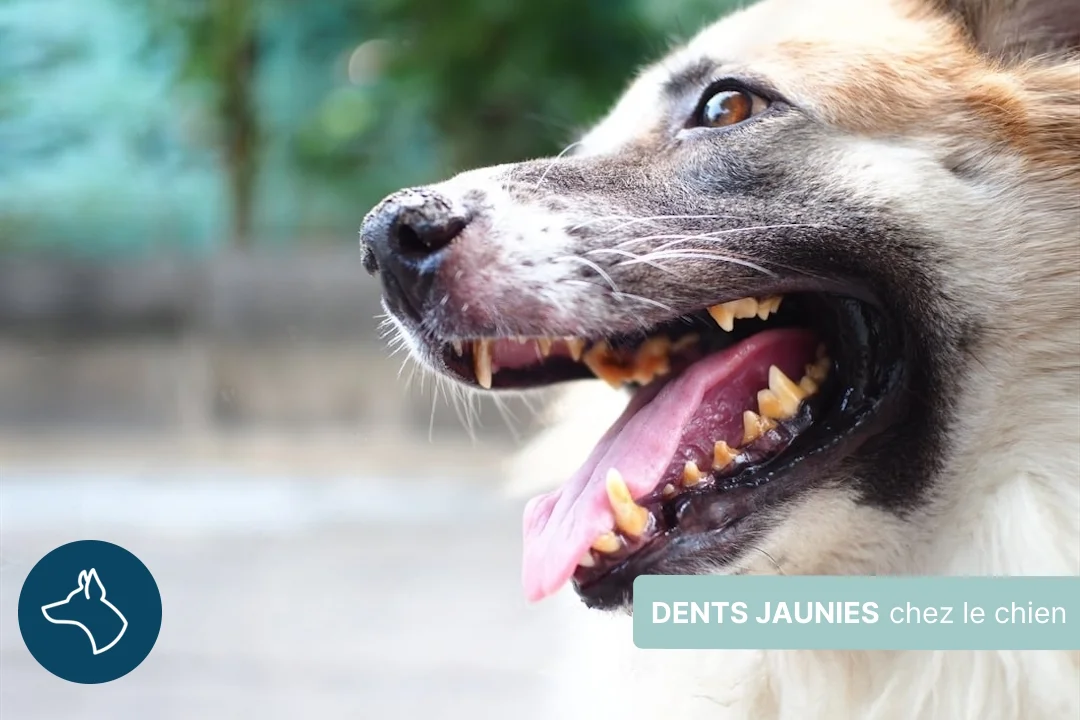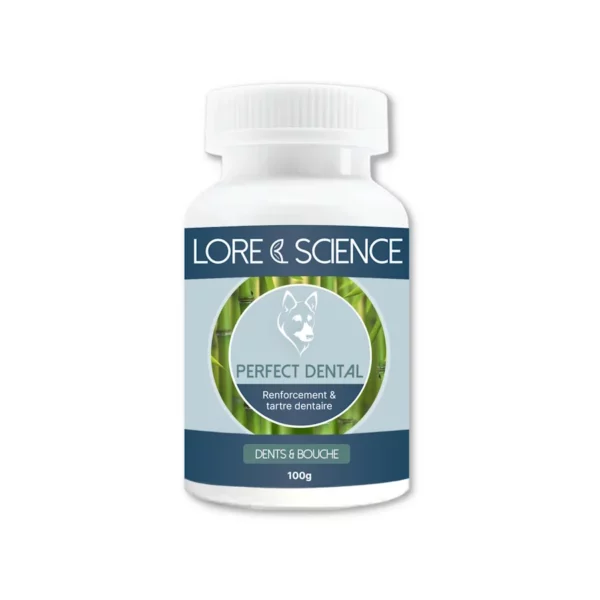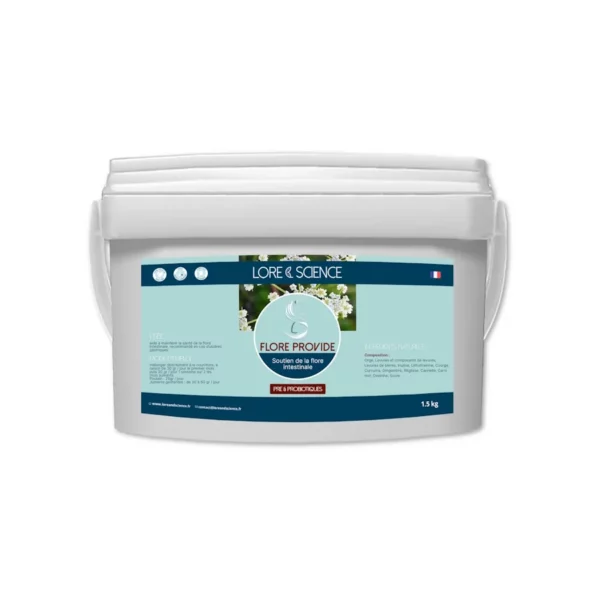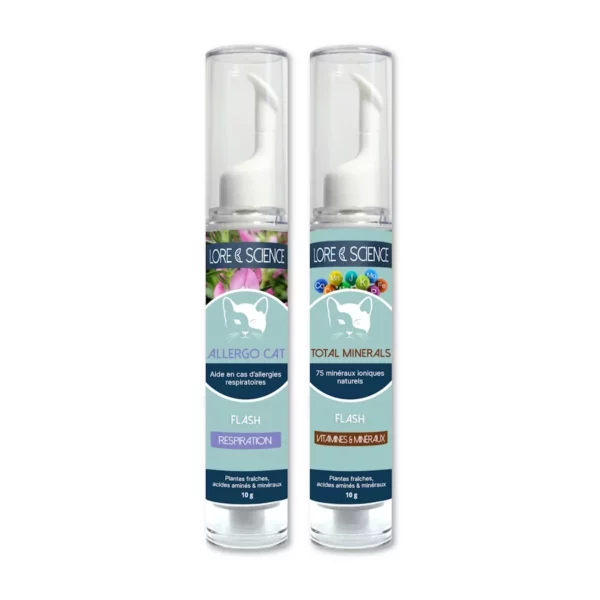Yellowing teeth in dogs are a common problem that worries many owners concerned about the well-being of their four-legged companions. Inadequate dental hygiene can not only cause aesthetic inconvenience, but can also have serious repercussions on your pet's health. In this article, Lore & Science tells you all about the causes of yellow teeth in dogs, the risks associated with poor oral hygiene, and above all, the solutions to remedy the situation.
Why are my dog's teeth turning yellow?
One of the main reasons for fang discoloration is thebuild-up of plaque and tartar. Plaque, made up of bacteria, food debris and saliva, forms naturally after every meal. If not removed, it mineralizes into tartar, a hard substance that adheres firmly to the enamel and causes visible yellowing of the teeth.
Diet also plays a crucial role in your dog's oral health. Soft, sticky foods can encourage plaque build-up, while crunchy kibbles or chewy bones have an abrasive action that helps to remove plaque mechanically. It should be noted that the natural aging of tooth enamel, accentuated by inadequate dental hygiene, makes older dogs particularly vulnerable to tartar formation. Finally, factors such as genetic predisposition, particularly in certain small breeds, and lack of regular dental care, can also contribute to the appearance of yellowed teeth.
Solutions for preventing and treating yellow teeth in dogs
One of the most effective ways to combat yellowing of your dog's teeth is regular brushing with the right toothbrush and toothpaste. This helps prevent the build-up of plaque and tartar, which are the main causes of discoloration. This routine should be complemented by an appropriate diet, with kibbles designed to clean teeth during chewing, and dental treats that help reduce plaque build-up.
In addition to these practices, the integration of natural supplements like Perfect Dental Dog, made from carefully selected plants, actively contributes totartar reduction while cleansing gums of agents harmful to oral health. Enriched with pure aragonite, a mineral renowned for strengthening enamel, Perfect Dental Dog is ideal for dogs suffering from plaque or bad breath, and for those needing extra support to strengthen their fangs.
However, even with scrupulous hygiene, it's sometimes inevitable that tartar will develop, especially in older dogs. In such cases, regular scaling at the vet's is essential to effectively remove tartar and prevent periodontal disease.
The consequences of poor oral hygiene
Neglectingyour dog's oral hygienecan have far more serious consequences than just stained teeth. The first sign of a dental problem is often bad breath, or halitosis, a symptom of theaccumulation of harmful bacteria in the mouth. These micro-organisms produce sulfur compounds responsible for the unpleasant odor.
If plaque and tartar continue to build up, they can lead to more serious conditions, such as gingivitis, an inflammation of the gums that can develop into periodontitis, compromising the supporting tissues of the teeth. These infections can be extremely painful, affecting not only your dog's ability to feed and play, but also his general behavior. Worse still, oral bacteria can spread throughout the body via the bloodstream, threatening vital organs such as the heart, kidneys and liver, and even leading to septicemia.
Conclusion
Maintaining good dental hygiene in your dog is essential not only for the appearance of his fangs, but above all for his overall health. Yellowing teeth, often underestimated, are a harbinger of more serious problems. Plaque build-up, invisible at first, can quickly develop into tartar, leading to painful and potentially dangerous complications for your companion. Regular care of your puppy's teeth from an early age is the ideal way to preserve their whiteness and, above all, good oral hygiene.
Keep in mind that even with the best home care, a professional dental cleaning is sometimes necessary to remove stubborn tartar that has accumulated on your dog's teeth. These cleanings are performed by a veterinarian, under anesthesia, to thoroughly clean the teeth and gums. Similarly, if you notice any worrying signs, such as swollen or bleeding gums, broken or loose teeth, or loss of appetite, consult your vet immediately.
Share your experience or questions with us in the comments ↓
















